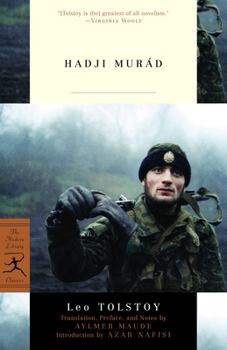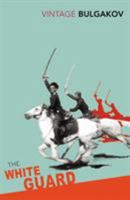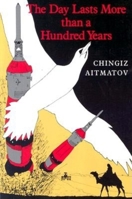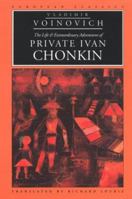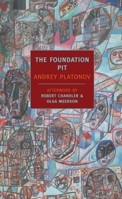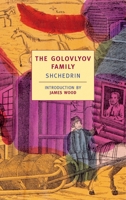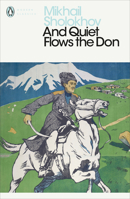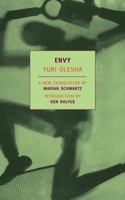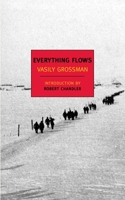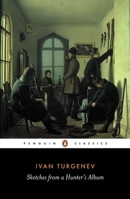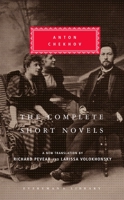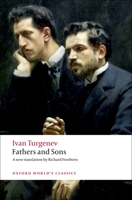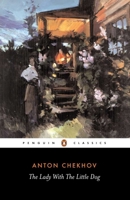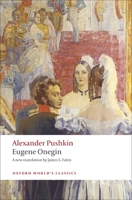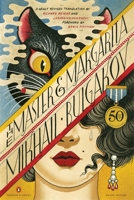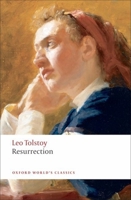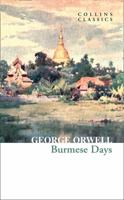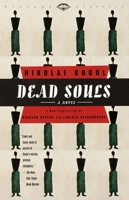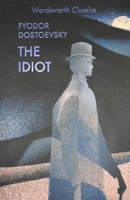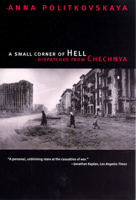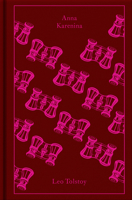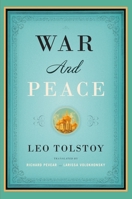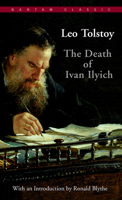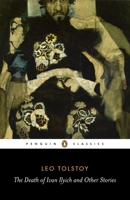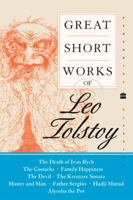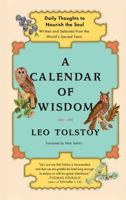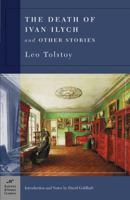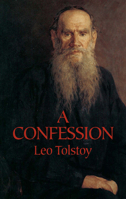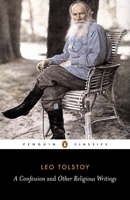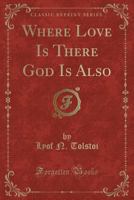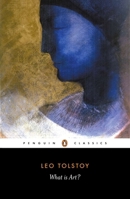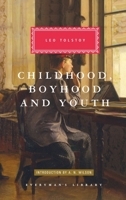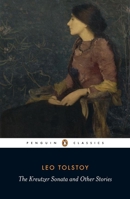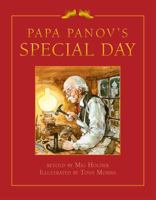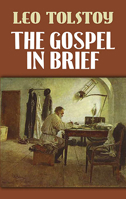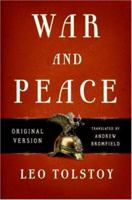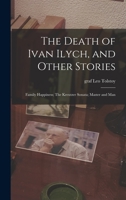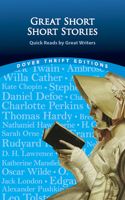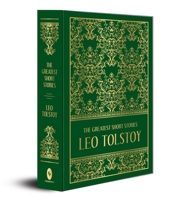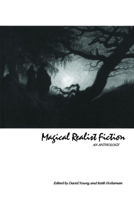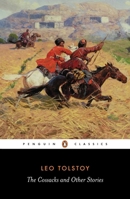Hadji Murad
Select Format
Select Condition 
You Might Also Enjoy
Book Overview
In 1851 Leo Tolstoy enlisted in the Russian army and was sent to the Caucasus to help defeat the Chechens. During this war a great Avar chieftain, Hadji Murad, broke with the Chechen leader Shamil and fled to the Russians for safety. Months later, while attempting to rescue his family from Shamil's prison, Hadji Murad was pursued by those he had betrayed and, after fighting the most heroic battle of his life, was killed. Tolstoy, witness to many of...
Customer Reviews
Rated 5 starsThen, As Now
As others have noted, this is possibly the best written novella of all time, and is solidly based on Tolstoy's military service in the Russian campaign to conquer the tribes of the Caucasus Mountains, led for decades by the Imam Shamil. The Avar chieftain Hadji Murad, a doomed tragic figure, is painted with respect, and Tolstoy's pacifist views are the same as in War and Peace. His acid portrayal of Czar Nicholas is one-sided,...
0Report
Rated 5 starsAn excellent story.
Even though this was published shortly after Tolstoy's death in 1910 and with the Chechen war still raging today it is easy to imagine the events that unfold before Hadji Murad occurring recently. Tolstoy's flavorful writing is such that you can almost smell the smoke of the cigarettes and burning wood from the forts and aouls. I will not go over what this book is about since so many other reviews have already done a fine...
0Report
Rated 5 starsBetween a rock and a hard place
This is the partially fictionalized account of the last days of Hadji Murad, a renowned and feared Chechen -more precisely, Avar- warrior in 1851-52. Feared by the ruthless Imam Shamil, ruler of Chechens and other Caucasians, Murad is forced to defect yet again to the Russians, who recieve him warmly but suspiciously (he has switched sides before). Murad keeps telling the Russians he won't be of much help unless they support...
0Report
Rated 5 starsperhaps Harold Bloom got a little bit carried away
Like most everyone who's read his terrific book The Western Canon, it was Harold Bloom who sent me scurrying to find Hadji Murad. We, all of us, take a stab at War and Peace and Anna Karenina, and many schools assign the shorter Death of Ivan Ilych as required reading. But not many of us venture beyond these narrowly circumscribed borders. Heck, the thousands of pages required just to finish his major works seems like all...
0Report
Rated 5 stars"War? War, indeed!...Cutthroats and nothing else!" HM, 118
Tolstoy's brilliant but quiet and cold-eyed satire of war-makers, both Russian and Chechen, from the lordly heights of the Tsar's Winter Palace to the scattered villages of Muslim fighters at the Caucasian edge of empire, and all players between. A "war story," yes, but in a league with For Whom the Bell Tolls, The Naked and the Dead, The Things They Carried, all of which it surpasses I think. Hard to convey the power of...
0Report







